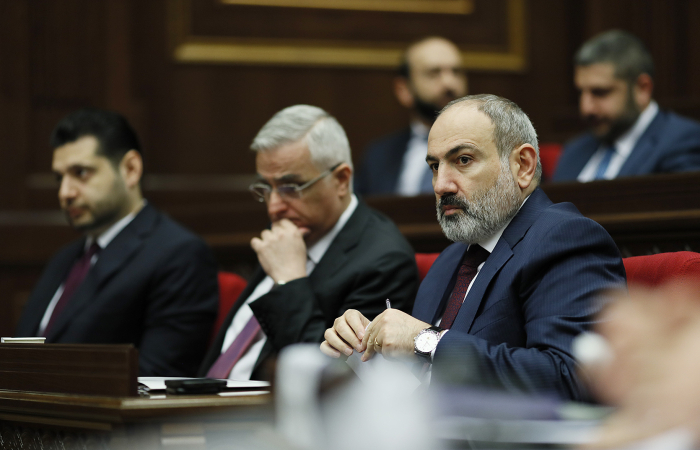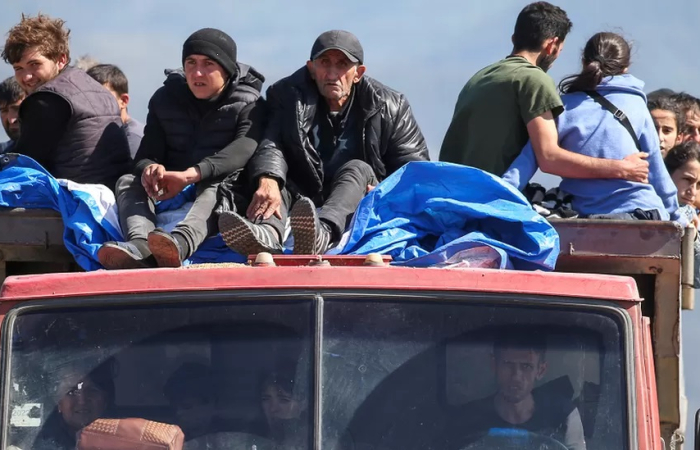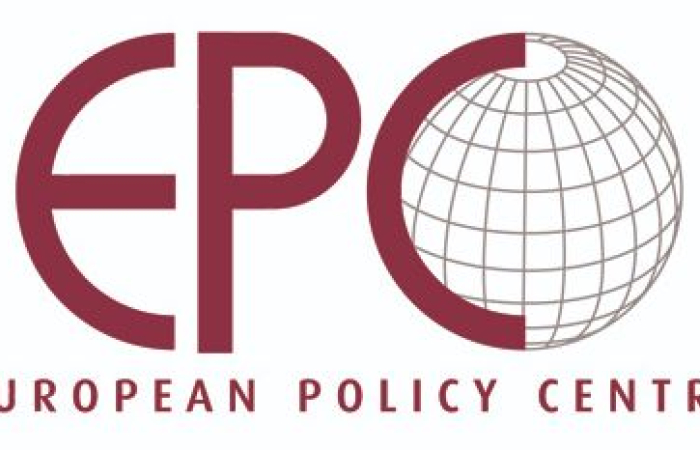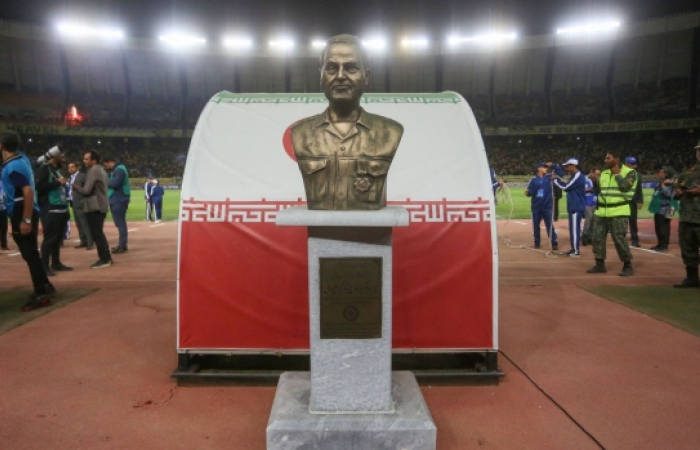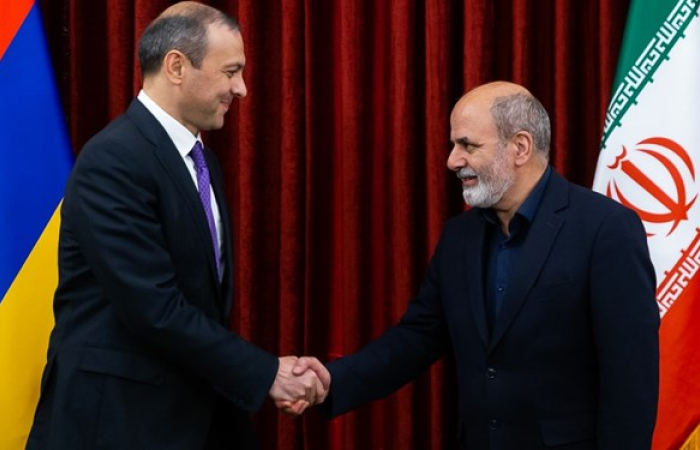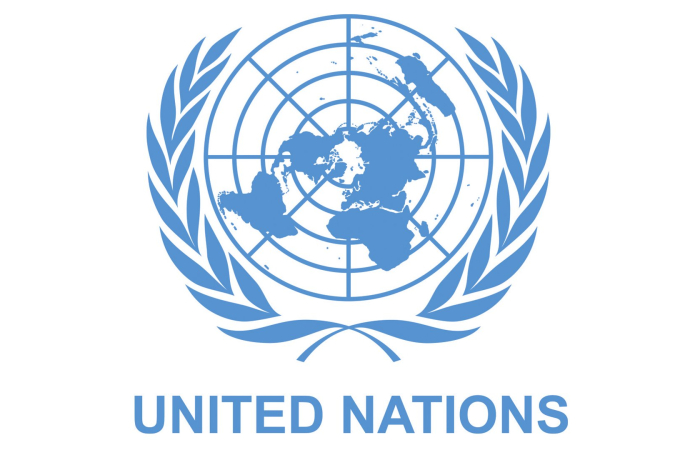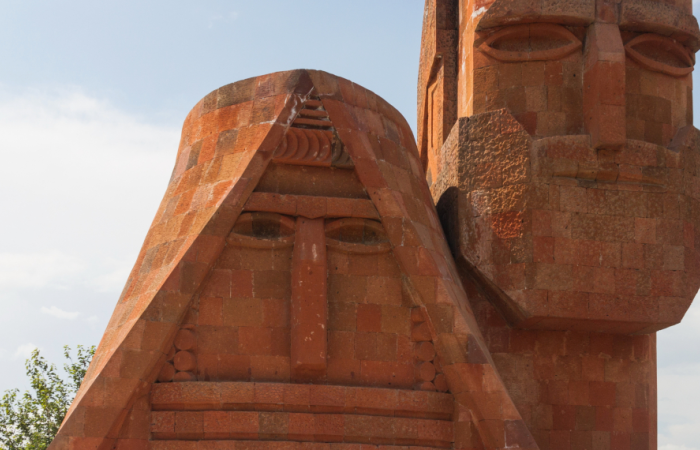Trending
Pashinyan says Armenia is ready to sign peace document
4 October 2023
Armenian Prime Minister Nikol Pashinyan, speaking at prime minister's question time in the Armenian parliament on Wednesday (4 October), said that a document now exists which he was ready to sign, that was consistent with the logic of peace and stability in the region.
Pashinyan said that he does not want to create a false impression that the document is against the interests of Azerbaijan and completely compatible with the interests of Armenia. "Armenia hopes that the conceptual document will be signed at an opportune moment. I am ready to sign it," he said.
Earlier, the prime minister said that he had hoped that the document could have been signed in Granada on the margins of the European Political Community Summit on Thursday (5 October). It now transpires however that Azerbaijan President Ilham Aliyev has refused to attend the summit. Pashinyan said he will attend the summit nonetheless.
commonspace.eu political editor said in a comment that it is clear that there is now broad agreement between Armenia and Azerbaijan on at least a general document, which the Armenian prime minister called a "Conceptual Document", which may be the basis for a future, more comprehensive peace treaty. But all the sides are aware of broader sensitivities, and it seems that Russian pressure on Aliyev made him miss an important opportunity to take the peace process forward by signing the document in Granada this week. This is a highly risky gamble since circumstances can change very fast. One therefore hopes that the "opportune moment" mentioned by prime minister Pashinyan will come within days, not weeks.



